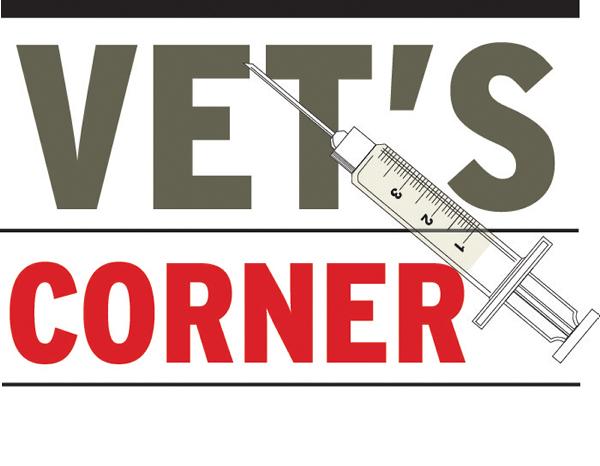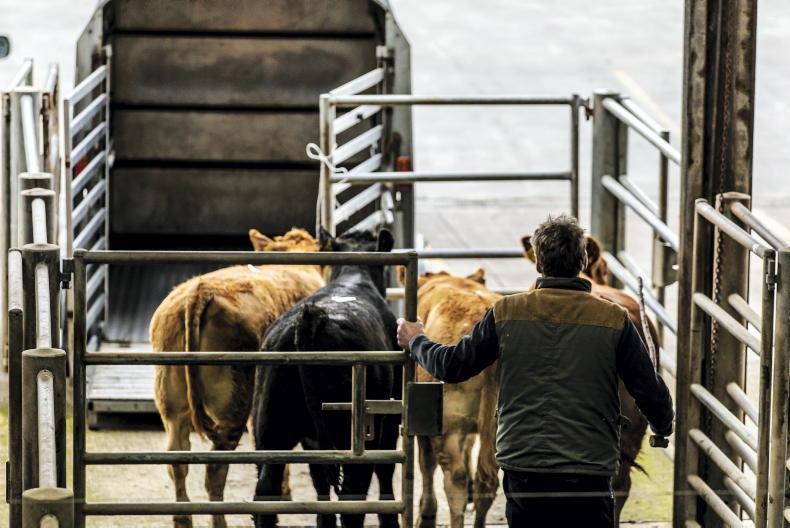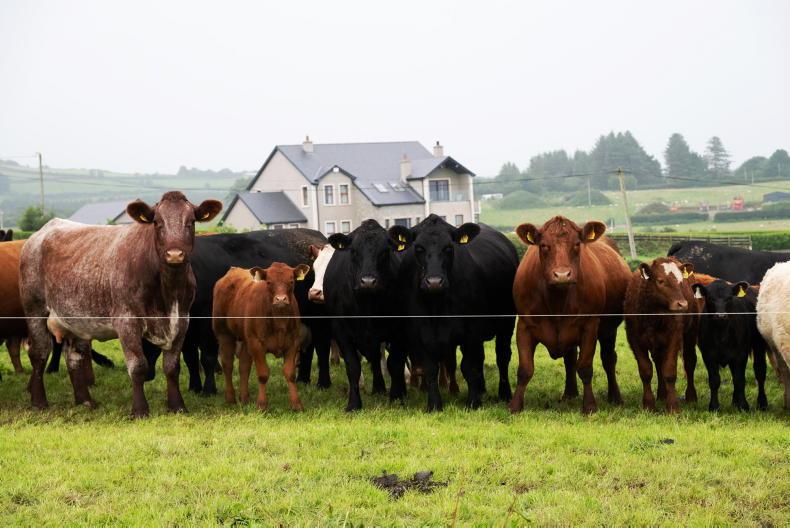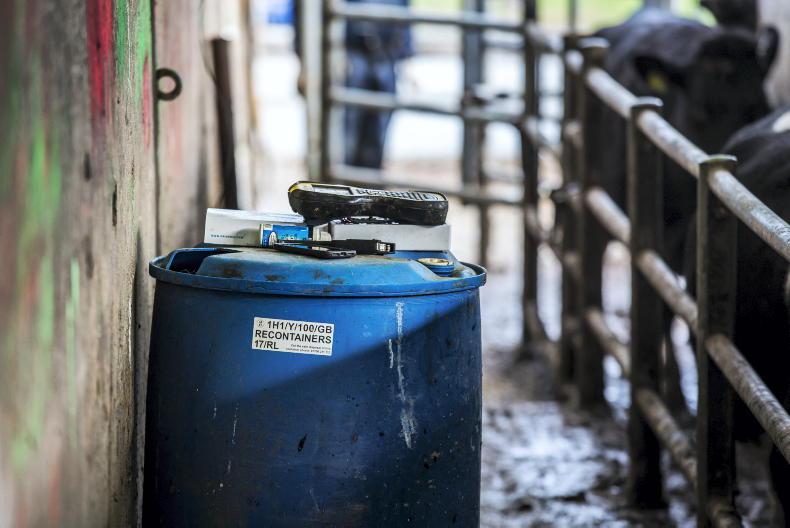We have had to deal with two outbreaks of sudden death of weanlings at grass.
The first was the loss of five weanling bulls over the course of a week. All were found dead and post-mortem examination revealed swollen hind quarter muscles with gas accumulated in pockets under the skin. This led to an easy diagnosis of blackleg and this was confirmed by our regional veterinary laboratory. These weanlings had never been vaccinated against blackleg.
The second case was two weanlings found dead. These animals had none of the obvious post-mortem features of the other case, so both were submitted to the regional veterinary laboratory for detailled examination. Again, the diagnosis was blackleg, but, in this case, the affected muscles were in the heart. These weanlings had been given one shot of blackleg vaccine as calves, but had not recieved the required booster four to six weeks later.
Fatal disease
Blackleg is a rapidly fatal disease caused by bacteria called clostridia, of which there are a few species. The bacteria are found in the gut of healthy animals and in soil where they can survive for many years as spores. Once ingested by animals, the spores are deposited in muscles where they can remain dormant indefinitely. The disease is most commonly seen in beef breeds and cattle that are healthy and growing quickly. Bruising or excessive exercise may precipitate the disease. Outbreaks have been reported on farms where recent excavations have ocurred, presumably as a result of exposure of animals to buried clostridial spores.
Fortunately, blackleg in cattle can be prevented by vaccination. A number of vaccines are available, with some protecting against the most common clostridial strains and others covering a more comprehensive range of strains. All require a primary course of two vaccinations four to six weeks apart, with a booster six to 12 months later.
Consult your vet for advice on the most suitable vaccine and vaccination programme for your farm.
Michael O’Meara works at Gortlandroe Vet Clinic, St Conlon’s Rd, Nenagh, Co Tipperary, part of XLVets, a group of progressive practices working together to achieve a better future for agriculture and veterinary in Ireland. See www.xlvets.ie.










SHARING OPTIONS